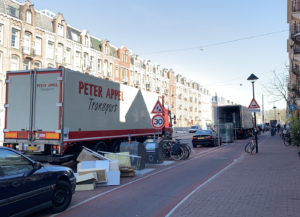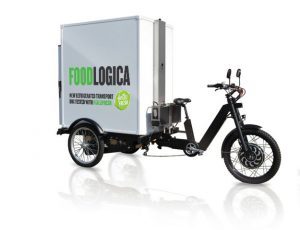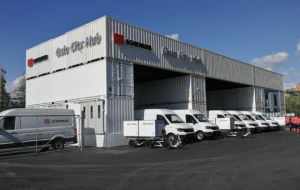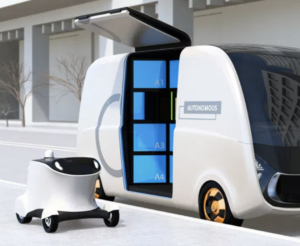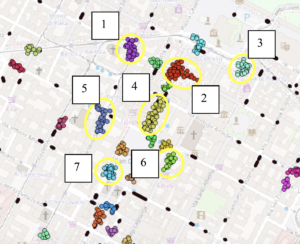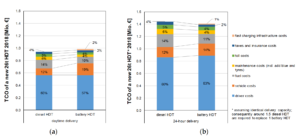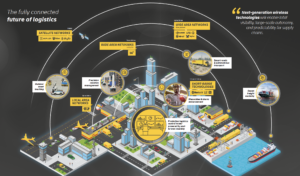How did Amsterdam food entrepreneurs cope with the COVID-19 crisis
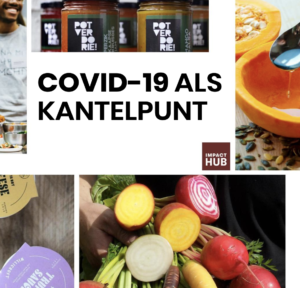
COVID-19 brought the hospitality industry to a standstill. As of early July, one in five Amsterdam (NL) restaurants, cafés, bars, and caterers could not afford to reopen and the industry’s yearly turnover is predicted to decline by over 30 percent. Dutch potato farmers found themselves with a surplus of one billion kilograms and meat producers with cold stores filled …


